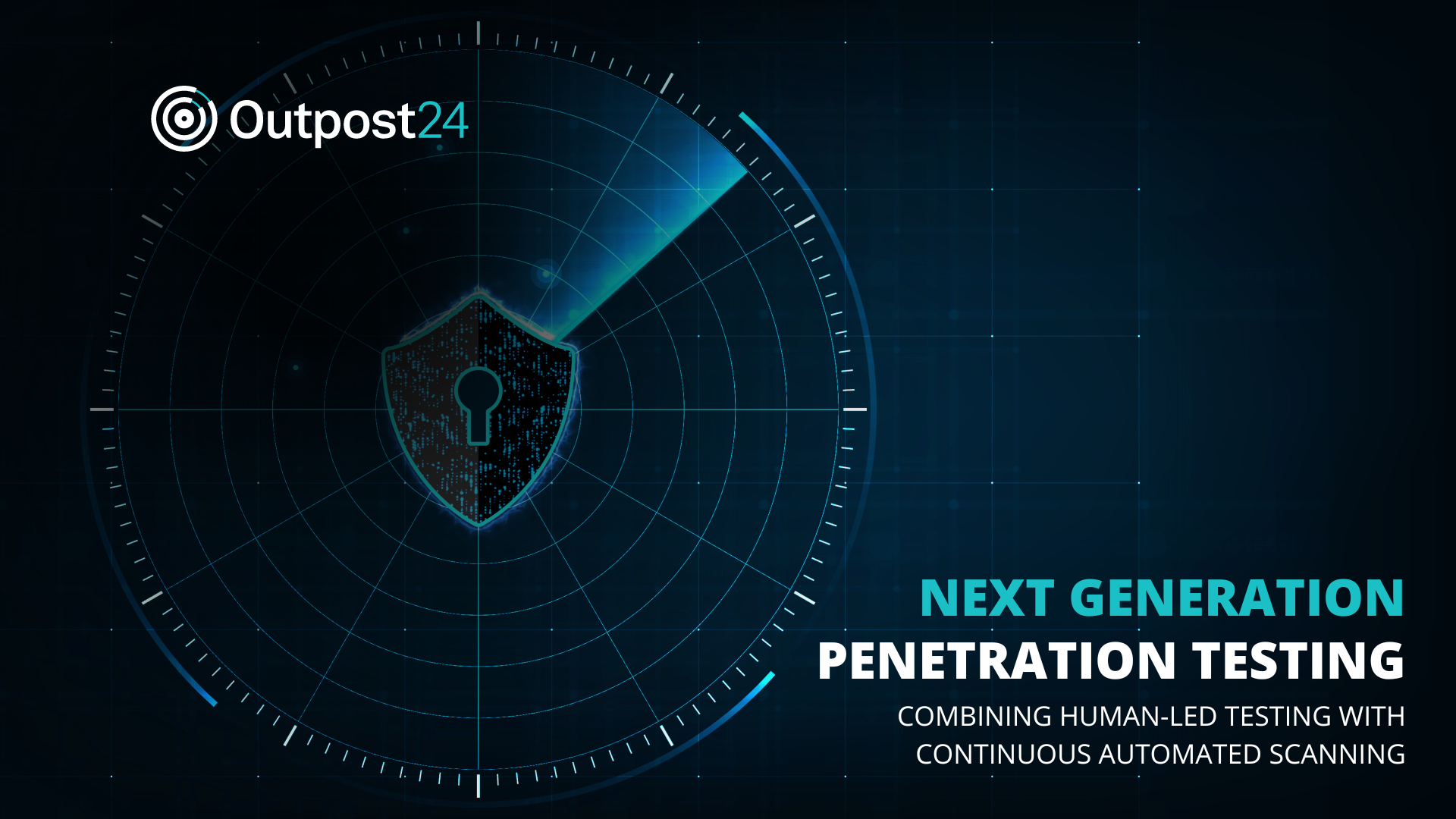Ethics of red team security testing questioned in new report
Research finds employees are far more likely to put up with red team testing if it's not conducted on themselves


Workers in areas like HR and finance are more likely than IT or security professionals to object to internal security testing, a report has found, raising serious ethical questions around how far security teams should go in their work.
The process of red team security testing on colleagues and fellow workers may lead an organisation to identify gaps or lapses in its cyber security hygiene, but such actions could have an adverse effect on staff morale, research has suggested.
There are wide differences in the moral interpretation of social engineering attacks between IT and non-IT employees, according to findings by researchers Tarah Wheeler and Roy Iverson. For example, non-tech workers, in areas such as HR and legal, are nine times more likely to object to receiving a phishing email than staff in security-related jobs.
These employees are also three times more likely to object to security workers impersonating VIPs, and four times more likely to object to the red team targeting receptionists to gain entry into an organisation.
The team surveyed more than 500 workers about their stance on the moral acceptability of conducting internal security tests and presented their findings at the Washington-based tech conference ShmooCon 2020.
The type of testing that respondents were questioned on ranged from sending threatening emails to inciting bribery, and even planting files on employees’ devices.
These measures may or may not comprise offensive red team testing routinely conducted by teams within or external to organisations. One prominent case of penetration testing, for example, arose last September when two individuals hired by a US-based courthouse were caught trying to physically break into its premises.
Get the ITPro daily newsletter
Sign up today and you will receive a free copy of our Future Focus 2025 report - the leading guidance on AI, cybersecurity and other IT challenges as per 700+ senior executives
Despite many workers holding moral objections to elements of red team testing, the research also found that employees were generally more comfortable being on the orchestration side than on the receiving end.
In some cases, those on the receiving side of red team testing are approximately four-and-a-half times more likely to morally object to certain tests being conducted than if they were organising these tests.
“What we found was surprising and counterintuitive,” Wheeler and Iverson said in their research paper.
“Respondents (even professional security experts) were reportedly 450% more likely to be morally fine with conducting certain often-used tests on other people than they are with having tests run against themselves.”
RELATED RESOURCE

Testing for compliance just became easier
How you can use technology to ensure compliance in your organisation
The researchers added that the data collected allows them to start a discussion about the best practices with engaging in internal penetration testing within an organisation, and the impact of deceptive social engineering attacks on company morale.
Moreover, company boards should adopt a measured approach to overseeing cyber security policy in order to raise the overall level of hygiene among senior employees as well as across the wider workforce.
These measures include hearing a presentation about information security at least twice a year, demanding high-value targets like executives are within scope of testing and understanding the incentives for succeeding in compromising targets inside the company.
“Anecdotally, we have heard internal red teamers describing scoping for engagements that disinclude [sic] the most likely targets - executives,” Wheeler and Iverson added. “Because those same executives did not wish to have the potential interruption to their services that the discovery of poor security awareness would entail.
“This is unfortunate, as rapid, constant testing that perpetually integrates small changes leads to the strongest defence of any company.”

Keumars Afifi-Sabet is a writer and editor that specialises in public sector, cyber security, and cloud computing. He first joined ITPro as a staff writer in April 2018 and eventually became its Features Editor. Although a regular contributor to other tech sites in the past, these days you will find Keumars on LiveScience, where he runs its Technology section.
-
 Bigger salaries, more burnout: Is the CISO role in crisis?
Bigger salaries, more burnout: Is the CISO role in crisis?In-depth CISOs are more stressed than ever before – but why is this and what can be done?
By Kate O'Flaherty Published
-
 Cheap cyber crime kits can be bought on the dark web for less than $25
Cheap cyber crime kits can be bought on the dark web for less than $25News Research from NordVPN shows phishing kits are now widely available on the dark web and via messaging apps like Telegram, and are often selling for less than $25.
By Emma Woollacott Published
-
 Bugcrowd’s new MSP program looks to transform pen testing for small businesses
Bugcrowd’s new MSP program looks to transform pen testing for small businessesNews Cybersecurity provider Bugcrowd has launched a new service aimed at helping MSP’s drive pen testing capabilities - with a particular focus on small businesses.
By Ross Kelly Published
-
 Building a new approach to security with the next generation of penetration testing
Building a new approach to security with the next generation of penetration testingSponsored Combining human-led testing with continuous automated scanning can elevate your security regime
By ITPro Published
-
 OpenAI to pay up to $20k in rewards through new bug bounty program
OpenAI to pay up to $20k in rewards through new bug bounty programNews The move follows a period of unrest over data security concerns
By Ross Kelly Published
-
 Kali Linux releases first-ever defensive distro with score of new tools
Kali Linux releases first-ever defensive distro with score of new toolsNews Kali Purple marks the next step for the red-teaming platform on the project's tenth anniversary
By Rory Bathgate Published
-
 Podcast transcript: Meet the cyborg hacker
Podcast transcript: Meet the cyborg hackerIT Pro Podcast Read the full transcript for this episode of the IT Pro Podcast
By IT Pro Published
-
 The IT Pro Podcast: Meet the cyborg hacker
The IT Pro Podcast: Meet the cyborg hackerIT Pro Podcast Resistance is futile - offensive biotech implants are already here
By IT Pro Published
-
 Russia-linked state-sponsored hackers launch fresh attacks by abusing latest red team tool
Russia-linked state-sponsored hackers launch fresh attacks by abusing latest red team toolNews Researchers said the new tool has evaded the detection of many leading security products and is quickly growing in popularity
By Connor Jones Published
-
 Train firm slammed over 'bonus' phishing test
Train firm slammed over 'bonus' phishing testNews Security experts suggest businesses use other 'lures' to avoid upsetting workers in the current climate
By Bobby Hellard Published